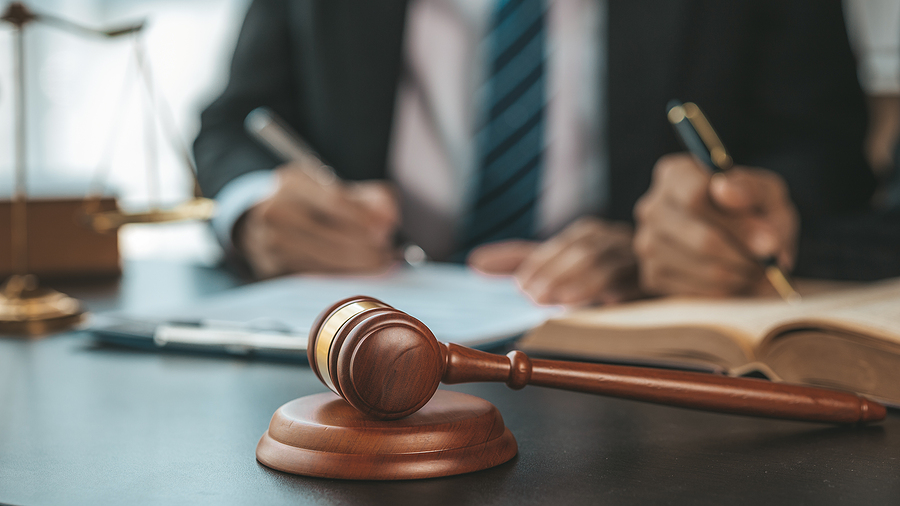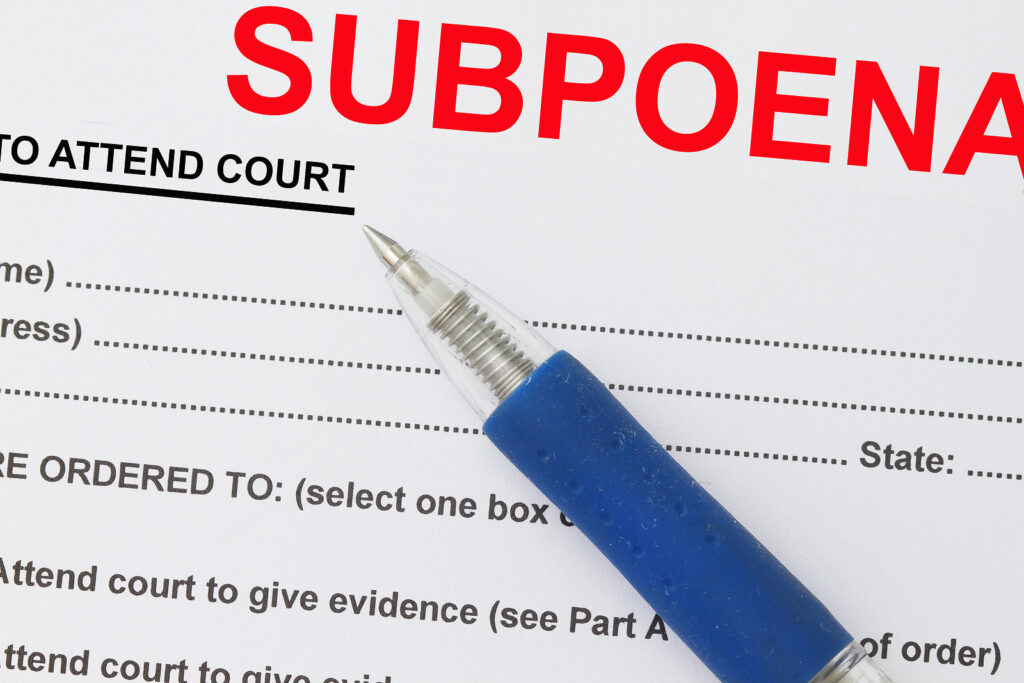Criminal law is a complex and ever-evolving field that requires a deep understanding to navigate effectively. Particularly in the state of Indiana, where the laws and regulations can differ from those of other states, one needs to familiarize themselves thoroughly before dealing with any criminal charges.
This guide serves as an initial steppingstone for those seeking to understand the basics of criminal law in Indiana. Whether you’re a law student, someone facing criminal charges, or just a curious citizen, this blog will shed light on the fundamental aspects of criminal defense in the Hoosier state. Get ready for a journey into the intricacies of Indiana’s criminal justice system. Buckle up and read on!

What is Criminal Law?
Criminal law is a body of laws that defines certain behaviors as criminal offenses, and establishes punishments for those who break them. It serves to protect citizens from harm and promote public safety by deterring individuals from committing crimes and enforcing penalties on those who do. Depending on the severity of the crime committed, criminal offenses can range from misdemeanors to felonies.
It’s important to note that criminal law is distinct from civil law, which deals with disputes between individuals or organizations and seeks to provide a remedy in the form of compensation for damages caused by one party. Whereas civil law is focused on providing justice for victims, criminal law focuses on punishing offenders and protecting society as a whole from harm.
Criminal Charges in Indiana
In the state of Indiana, criminal offenses are typically divided into two categories: felonies and misdemeanors. Felony charges are generally more serious than misdemeanor charges and often involve imprisonment or significant fines, but the specifics can vary depending on the crime committed. Felonies are classified on a scale from Level 1 to Level 6, plus murder as its own category. Level 6 is the least serious felony.
Misdemeanor offenses are generally punishable by up to a year in jail, while felony offenses carry sentences of more than one year in prison. Generally speaking, felonies are classed into five categories: A-level (the most severe), B-level, C-level, D-level, and Level 6 (the least severe).
It’s important to remember that each crime carries its own unique set of penalties, so it’s important to understand the details of any criminal charge before deciding how to proceed.
Criminal Defense in Indiana
When facing criminal charges in Indiana, hiring a skilled attorney is the best way to ensure that your rights are protected and that you’re given the fairest possible outcome. An experienced criminal defense lawyer will be able to evaluate your case, explain your legal options, and provide knowledgeable guidance throughout the process.
In many cases, a good Indianapolis criminal defense attorney may be able to negotiate with prosecutors on your behalf in order to obtain a more favorable outcome. Even if you are found guilty of the crime, an experienced criminal lawyer can ensure that you’re facing the minimum possible penalties for your actions.
The Takeaway
Understanding criminal law and the accompanying legal processes can be a daunting task, especially in Indiana where the laws and regulations differ from other states. However, with this beginner’s guide, you should now have a better understanding of the fundamentals and how to defend yourself if you ever find yourself facing criminal charges in the Hoosier state.
Remember that when it comes to criminal defense, the most important thing you can do is to hire an experienced criminal law attorney who understands Indiana’s laws and can provide knowledgeable guidance throughout the process. With a good lawyer on your side, you’re sure to have the best possible outcome in any criminal case.
Would you like to build a strong case against your Indiana criminal charges? Contact Attorney David E. Lewis at 317-636-7514 for the strongest criminal defense in Indianapolis. We will get the best possible outcome for your criminal case!
Related Posts:
How to Prepare for Your Day in Criminal Court
What To Do When You Have Been Charged With a Crime
How to Improve Your Chances of Winning a Criminal Appeal




